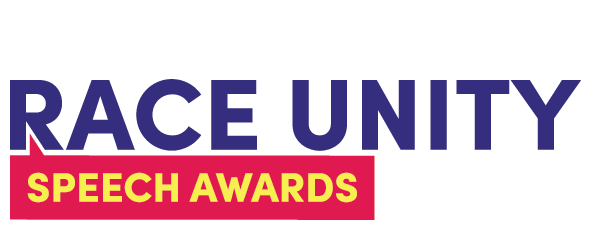Ngā ture kōrero – Speech requirements
Language – Speeches can be delivered in English and/or te reo Māori. Speakers are welcome to speak in other languages as well, so long as this content is repeated in either English or te reo Māori.
Length – Speeches should be around 8 minutes long. Timing signals will be given at 7 and 8 minutes. The judges may take the length of a speech into account if it is very long or very short.
Equipment – Handheld microphones and lecterns are not used. Speeches will be amplified at the national final using a lapel microphone.
Prizes for the National Final
National champion: $2,000 to be shared: $1,000 each for the school and the winning student
Other awards: Other awards of up to $500 will also be presented - more information to follow
Useful links and resources for speakers
www.youtube.com/RaceUnity – this is the YouTube channel for the Race Unity Speech Awards. Have a look through the finalists’ speeches from previous years to get inspiration for your own speech. How can you build on what has already been said?
unteachracism.nz – this website is designed for teachers but includes an engaging video from Taika Waititi talking to his 8-year-old self.
www.rnz.co.nz/news/national/398168/new-zealand-s-racism-far-more-casual-than-elsewhere-says-academic – Ekant Veer speaks of navigating racism throughout his life as an Indian man born and raised in the UK and now living in NZ.
belong.org.nz/passthemic/anti-racism-resources – information and guidance to give you the tools and confidence to help challenge racism, gathered by Belong Aotearoa.
www.rnz.co.nz/programmes/land-of-the-long-white-cloud/story/2018721660/land-of-the-long-white-cloud-episode-3-recognising-racism – Andrew Judd, was elected Mayor of New Plymouth in 2013. He gives an interesting perspective of a Pakeha ‘recovering racist’ and how laws and policies are often built on racist ideas.
www.youtube.com/watch?v=cYmonkA4e80 – listen to rangatahi Tāmati Cunningham speak of his tūrangawaewae and how this helps him be his best self.
www.rnz.co.nz/news/national/333077/new-zealanders-suffering-in-silence-from-racism – finally another Taika Waititi video, he asks us to give nothing to racism.


